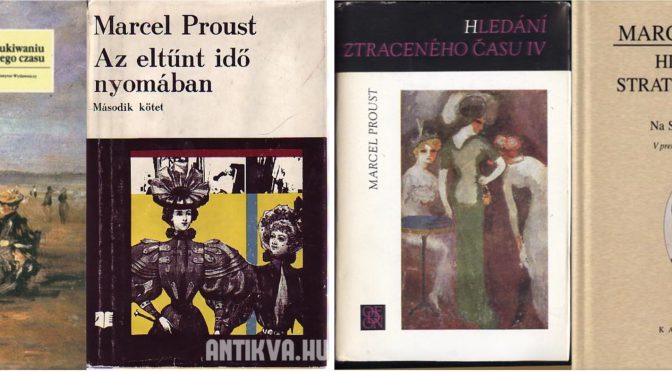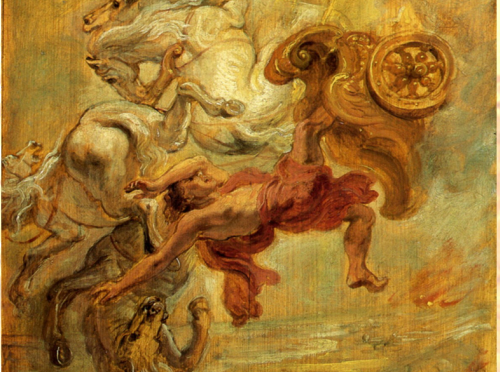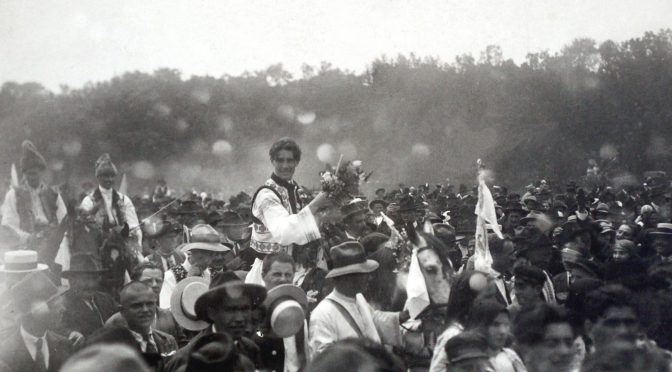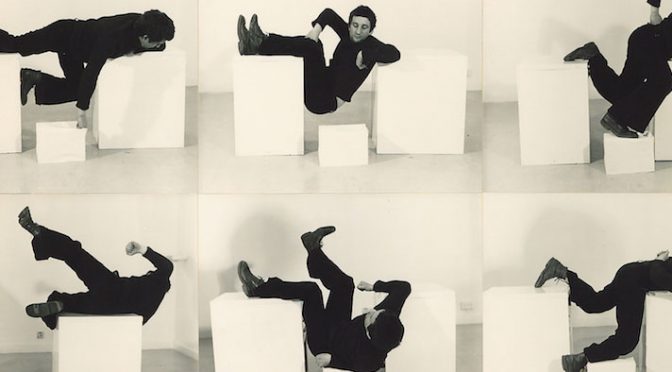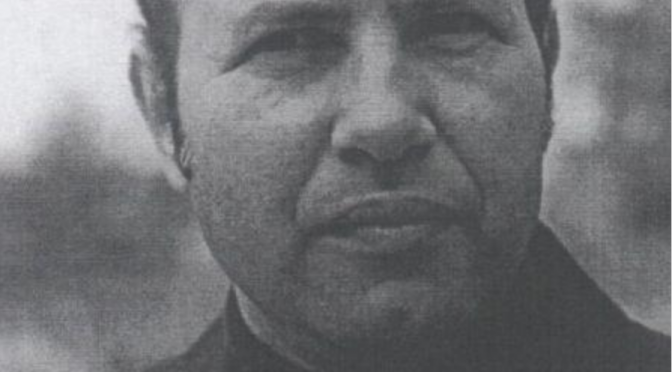Konference Evropské asociace pro Židovská studia
Datum a místo: 23. – 25. května 2017, vila Lanna, Praha
Jazyk: anglicky
Organizátoři: Kateřina Čapková (Ústav soudobých dějin, AV ČR), Kamil Kijek (Katedra Židovských studií, Vratislavská univerzita), Stephan Stach (Ústav soudobých dějin, AV ČR)
Program
23. května 2017
20.00 –20.30 Oleg Zhidkov (Jeruzalém): The Jewish Movement in the USSR: New Sources and Perspectives (Video Testimonies)
24. května 2017
9.00 Uvítání
9.15–11.00 Panel I Jewish Life, Religious Practise and Folklore under Soviet Communism I
Diskutantka: Ilana Miller (Chicago/Praha)
Valery Dymshits (Petrohrad), The Boundaries of Illegal: Religious Practices and Shadow Economy in Soviet Jewish Life
Victoria Gerasimova (Omsk), The Jewish Community of Omsk under the Soviets, from 1940 to the 1960s: Between Tradition and Survival
Diana Dumitru (Kišiněv), ‘It is Better to Live in Romania Than in the Soviet Union’: How Bessarabian Jews Tried and Frequently Failed to Become Soviet Citizens during Late Stalinism
11.00–11.15 Přestávka na kávu
11.15–13.00 Panel II Literature and Jewish Identity
Diskutantka: Joanna Nalewajko-Kulikov (Varšava)
Daria Vakhrushova (Düsseldorf), The Utopia of Yiddish Literature after the Revolution
Magdalena Ruta (Krakov), Nusekh Poyln and the ‘New Jewish Man’: The Image of the Jewish Communist in Yiddish Literature of Post-war Poland
Gennady Estraikh (New York), Soviet Yiddish Cultural Diplomacy, from the 1950s to 1991
13.00–14.00 Oběd
14.00–15.45 Panel III Paths of Integration/Disintegration into the Communist Political System and Society
Diskutant: Michal Kopeček (Praha)
Galina Zelenina (Moskva), ‘Po Kurskoi, Kazanskoi zheleznoi doroge’: Jewish Private Life in the Moscow Oblast between Leisure, Underground Religion, and National Revival
Agata Maksimowska (Varšava), Being Jewish in Soviet Birobidzhan
Kateřina Čapková (Praha), Centre and Periphery: Jewish Experience in Communist Czechoslovakia
15.45–16.15 Přestávka na kávu
16.15–18.00 Diskuze na téma The Diversity of Jewish Experiences under Communism
Diskutant: Marcos Silber (Haifa)
Zvi Gitelman (Ann Arbor)
Joanna Nalewajko-Kulikov (Varšava)
Bożena Szaynok (Vratislav)
Andrea Pető (Budapešť)
25. května 2017
9.00–10.45 Panel IV Jewish Identities and Ways of Life under Communism
Diskutant: Stephan Stach (Praha)
Anna Shternshis (Toronto), ‘I was not like everyone else’: Soviet Jewish Doctors Remember the Doctors’ Plot of 1953
Anna Koch (Southampton), ‘After Auschwitz you must take your origin seriously’: Perceptions of Jewishness among Communists of Jewish Origin in the Emerging German Democratic Republic
Kata Bohus (Frankfurt nad Mohanem), The Opposition of the Opposition: New Jewish Identities in the Samizdat of Late Communist Hungary
10.45–11.15 Přestávka na kávu
11.15–13.00 Panel V Jewish Religious Life and Folklore under Soviet Communism II
Diskutant: Raphael Utz (Jena)
Ella Stiniguță (Kluž), Mountain Jews and the Challenges of Ritual Life in the Soviet Caucasus
Mikhail Mitsel (New York), Jewish Religious Communities in Ukraine, 1945–81
Karīna Barkane (Riga), Beyond Assimilation: Jewish Religious Communities in the Latvian SSR
13.00–14.30 Oběd
14.30–15.45 Panel VI Jewish Transnational Encounters
Diskutantka: Katrin Steffen (Hamburk)
David Shneer (Boulder), East Germany’s Jews, Their Transnational Networks, and East German Anti-Fascism
Eliyana R. Adler (State College/Varšava), Strange Bedfellows: The Soviet Red Cross, Polish Jewish Refugees, and the American Joint Distribution Committee
15.45–16.15 Přestávka na kávu
16.15–17.45 Závěrečná diskuze
Diskutant: Kamil Kijek (Vratislav/Praha)
Audrey Kichelewski (Štrasburk)
Elissa Bemporad (New York)
Arkadi Zeltser (Jeruzalém)
Zkušenost Židů za komunistických režimů ve středovýchodní a východní Evropě byla vášnivě debatovaným tématem v historiografii již od padesátých let. I po kolapsu komunistických režimů dominují ve výzkumu historie Židů v komunistických společnostech politické dějiny a dějiny diplomatických vztahů mezi socialistickými státy a Izraelem. Až teprve v posledních zhruba deseti letech můžeme pozorovat obrat ke komplexnějšímu pohledu na židovskou zkušenost za komunistických režimů.
Nejinspirativnější výzkum existuje, zdá se, především k židovské zkušenosti v rozdílných částech bývalého Sovětského svazu. Jedním z cílů naší konference je tedy začít dialog mezi vědci, kteří se zaměřují na Židy v Sovětském svazu, a těmi, kteří se zabývají Židy v pro-sovětských režimech středovýchodní a východní Evropy, protože zde, z různých důvodů, existuje jen velmi málo kooperace, i když jejich témata jsou navzájem provázaná.
Více ke koncepci konference v anglické verzi CFP.


